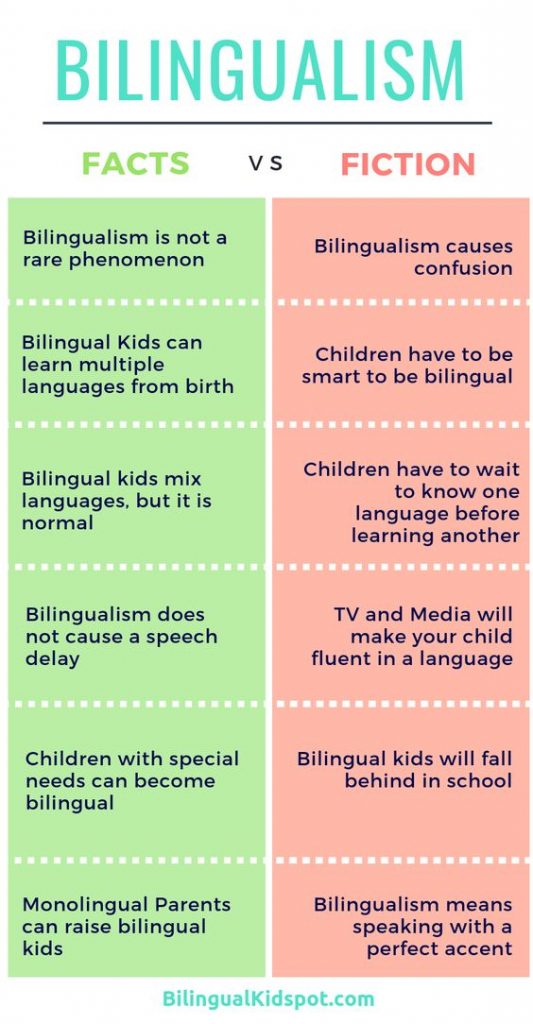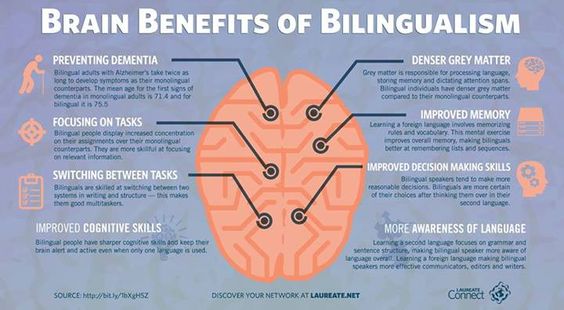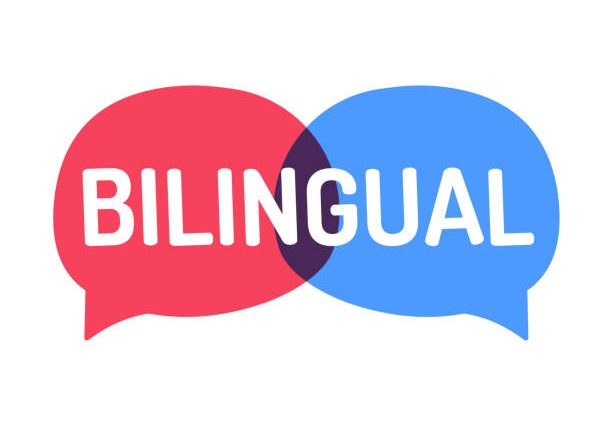By Priyanka Rathi, Psychology Enthusiast
Ever since the renaissance took place humanists have put emphasis on education being capable enough to change people’s lives and now that we’ve come so far in time, the humanistic belief holds quite some truth. But teaching a Mexican fellow in Hindi will not yield results like a Mexican being taught in Spanish. Education will benefit only if taught in the right manner and learnt in that exact sense.

The native language which acts as an identity of a person plays a huge role in education, a role that is overshadowed by English in countries where it’s not even the mother tongue. UNESCO (1953) highlighted that students are more likely to enrol and succeed if taught in the native language. Mother-tongue based schooling programs are conveniently advocated. Naturally, teaching in one’s native language will facilitate the student’s ability to relate to the subject matter, understanding, and engagement. A smooth switch to the second language of instruction can be introduced when students hold a strong understanding of their native language. Students will experience a more happy and relaxed environment when taught in their mother-tongue.
But again, let’s not forget the importance of an international communication medium like English, almost considered an elitist language, language of the “educated”. Other than such titles, it has proven to be one of the most widely spoken languages, geographically. In countries like India, English is preferred as the medium of instruction owing to its flexibility, reach all around the world. Let’s not question the origin of this extends. English as a means of instruction will unlock unlimited sources of materials on unlimited topics enhancing the quality and the quantity of education.

Even with all these benefits, both of these dynamics stand incomplete in their respective ways. This is where bilingual education comes into play. Bilingual education is that mode of education where students are taught in two languages, a native language and a second language (mostly English). If children are forced to change their language of schooling too early or abruptly to a second language, their first language acquisition may even be attenuated or even lost. However, maintaining two languages at an early age is not an affair of confusion, deconstructing the misconceptions. Lightbown states that children are indeed capable of acquiring two or even several languages at early childhood, as multiple languages do not compete for “mental space” or confuse children.

It has been scientifically proven that peers who have acquired skills in more than one language have cognitive advantages over those who have not. Having learned two or even more languages will not only benefit their perspective but also expand their range of communication, therefore, enhancing familiarity and comfort among more communities. In a world that believes in interconnection, cross-cultural and integrated approaches, proficiency in more than one language will always benefit and what is a better way than introducing a second language right with one’s native language.


Great, in depth analysis
Good article. Bilingual even multi-lingual develops and activates brain in fantastic way.
Good to read
Also write something on origin pf language/communication and sanskrit